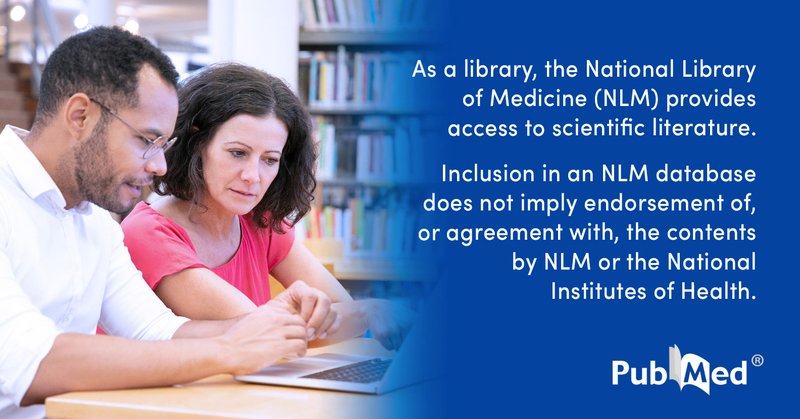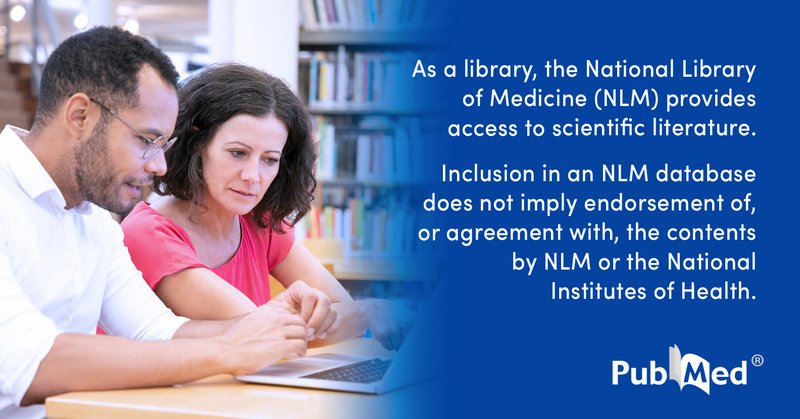
Pelvic Floor Disorders Network (PFDN)
@PFDNresearch
Followers
684
Following
97
Media
28
Statuses
148
Funded by @NICHD_NIH. Finding evidence-based answers for women with pelvic floor disorders, so they can live better lives.
Joined September 2019
We are wishing a joyful and fulfilling retirement to Dr. Myers! Dr. Myers first became affiliated with @PFDNresearch in 2007, and we could not be more grateful for her contributions to the network and PFD research! Read more: https://t.co/L9UVObfk1P
0
0
0
💡New @PFDNresearch study reveals that body image improves after surgical repair of vaginal vault prolapse, regardless of the approach used! Positive changes in body image are linked to better sexual function in active women. #PFDWeek24 #PelvicHealth #WomensHealth #UrogynResearch
0
2
9
🌸Yesterday at #PFDWeek24 Dr. Alperin presented exciting research on a new non-hormonal treatment for genitourinary syndrome of #menopause (GSM)! A tissue-specific vaginal ECM #biomaterial shows promise in enhancing vaginal tissue properties and regeneration.🧬 #WomensHealth
0
2
12
🎉Congratulations to Kyle Herrala from @UCSDHealth on receiving the Robin Haff Nurse Research Award at #PFDWeek24! Your hard work and contributions to #pelvicfloordisorders research are truly inspiring! 👏👏#UrogynResearch
0
1
6
With only 35% satisfaction in current treatments, this non-hormonal treatment for genitourinary syndrome of #menopause could be a game changer! Tissue-specific vaginal ECM #biomaterial shows promise in enhancing vaginal tissue properties & regeneration. #PFDWeek24 #WomensHealth
.@mariannaalperin presents her prize-winning paper “Acellular Tissue-Specific Biomaterial for Combating Menopausal Vaginal Changes”, a beautifully designed study with great potential to change our field. #PFDWeek24 @urogynsociety
0
0
5
🌟Exciting findings from a #PFDN multi-center trial on treating MUI! Both #Botox and #MUS showed significant symptom improvement in UDI scores at 6 months with #MUS having greater improvement in UDS scores at 12 months💪#PFDWeek24 #Incontinence #UrogynResearch
0
3
7
The University of Pennsylvania has been with the #PFDN since 2011 and continues to make impactful contributions to women's health research. Meet their amazing team and learn more about their work in this month's Network Spotlight! https://t.co/uo2Hf1n8cn
0
1
0
Previous OAB medication use, higher BMI and urodynamics findings were associated with higher failure rates after sling surgery for women with mixed urinary incontinence. #ESTEEMtrial #PFDNresearch
pubmed.ncbi.nlm.nih.gov
ClinicalTrials.gov, NCT01959347.
0
0
0
What is the best surgical approach for prolapse in women who have already had a hysterectomy? Study found sacrocolpopexy superior to native tissue repair, but similar rates of satisfaction for both as well as transvaginal mesh repair. https://t.co/wYIugnD0UG
#PFDNresearch
0
10
24
Success & failure are dynamic, recurrent states after pelvic organ #prolapse surgery. Approximately 1/4 of failures were intermittent & transitioned between success and failure over time. #OPTIMALtrial #CAREtrial #OPUStrial #PFDNresearch Read more:
0
0
1
Our May #PFDNresearch Network Spotlight features our @UChicago colleagues who are the newest addition to our network! Learn more about their diverse research expertise & the incredible work they do to improve the lives of women with pelvic floor disorders: https://t.co/L9UVObeMch
0
0
1
Curious about the faces behind our network? Get to know some of our amazing @PFDNresearch staff! Clinical team members from around the country share their stories, passions, and how they are working to drive our mission forward! https://t.co/L9UVObeMch
0
0
1
The #OPTIMAL study found no significant differences in #prolapse recurrence between 2 common vaginal surgery approaches. #PFDNresearch Read more:
pubmed.ncbi.nlm.nih.gov
clinicaltrials.gov Identifier: NCT00597935.
0
0
0
The #DEMANDtrial provides a better understanding of how apical prolapse repairs fail anatomically. #PFDNresearch
https://t.co/Vrs77MdcrW
pubmed.ncbi.nlm.nih.gov
Methods papers which detail studies designed to evaluate anatomic outcomes of prolapse surgeries are few. We describe a systematic, standardized approach to define and quantitatively assess mechani...
0
0
1
An electronic bowel diary correlated well with paper diary and was considered easy to use, preferred to paper diaries, and had high rates of confirmed real‐time diary completion that obviated staff data entry. #NOTABLEtrial #PFDNresearch
https://t.co/ks4BDJroAf
pubmed.ncbi.nlm.nih.gov
The PFDN Bowel eDiary correlated well with paper diary was considered easy to use, preferred to paper diaries, had high rates of confirmed real-time diary completion that obviated staff data entry.
0
1
2
Video-enhanced, compared to traditional, consent did not increase study participation but was associated with improved study understanding and a more positive relationship with study personnel. #OPTIMALtrial #PFDNresearch
https://t.co/nXM8xFSxJ3
pubmed.ncbi.nlm.nih.gov
The extended study had high enrollment; most participants completed most study tasks during the 3-year observational extension, regardless of the use of video to augment research consent. The video...
0
0
0
The Pelvic Floor Disorders Network wishes you a wonderful holiday season and healthful new year! We're looking forward to another year of finding evidence-based answers for women with pelvic floor disorders, so they can live better lives. #PFDNresearch
0
0
2
Adverse events after surgery for #pelvicfloordisorders such as incontinence, constipation, nocturia, and lack of improvement in sexual function are perceived as very severe, rating in severity similar to intensive care unit admission and death #PASeoTrial
https://t.co/PVxr5uIQY7
pubmed.ncbi.nlm.nih.gov
Women consider functional outcomes such as incontinence, sexual dysfunction, and recurrence of symptoms as severe adverse events and rate them as similar in severity to intensive care unit admissions...
0
1
1
While clinicians can consider combining common first-line treatments for FI such as loperamide, biofeedback, and a standard educational pamphlet, this is unlikely to have significant improvement over individual therapies. #CAPABLE #PFDNresearch
https://t.co/6obVrk9MQJ
0
1
3






